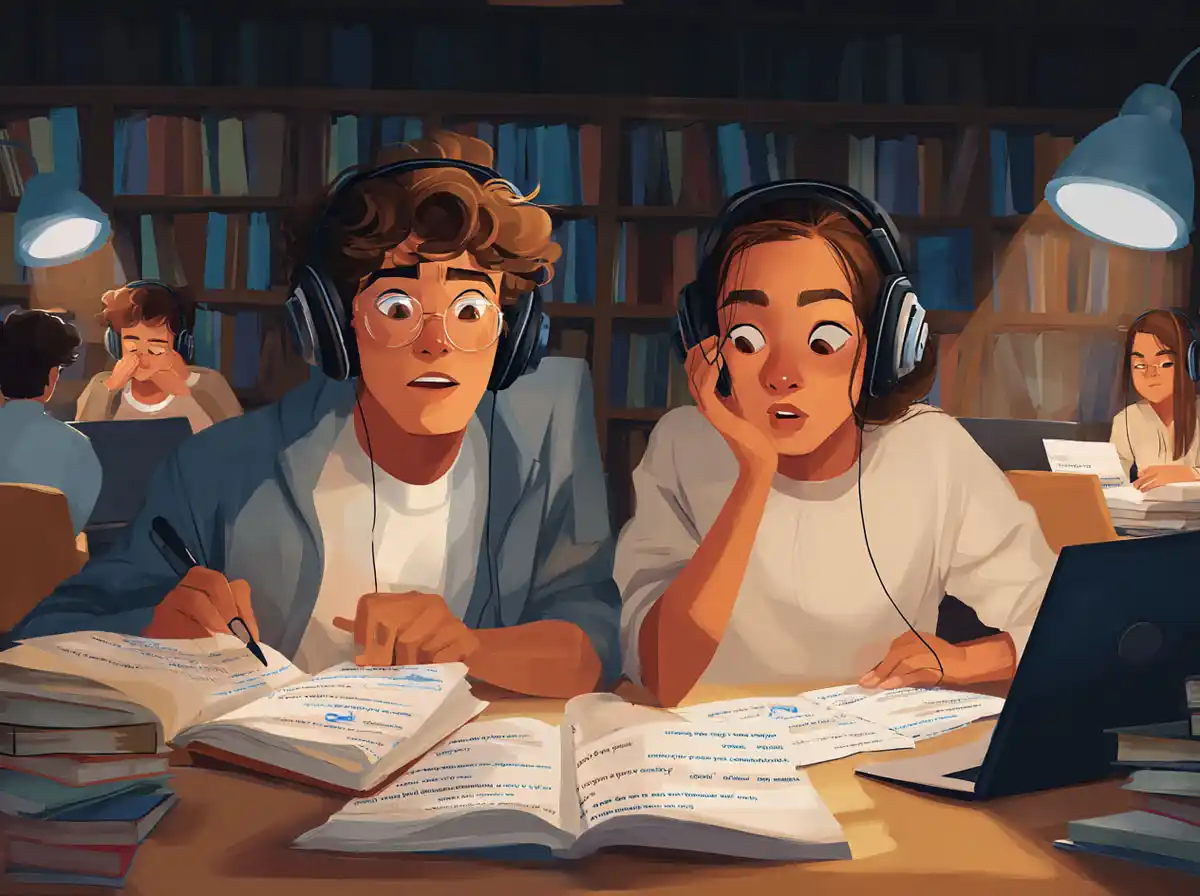Oktoberfest: A Bavarian Tradition in Berlin
Although Oktoberfest originated in Bavaria, it is widely celebrated in Berlin as well. This festival, typically held from late September to early October, offers a fantastic opportunity for language learners to engage with German culture and language.
Key Phrases for Oktoberfest:
– Prost! (Cheers!)
– Ein Bier, bitte. (A beer, please.)
– Wie viel kostet das? (How much does this cost?)
– Können Sie mir helfen? (Can you help me?)
During Oktoberfest, you can practice ordering food and drinks, asking for directions, and making small talk with locals. The festive atmosphere makes it easier to strike up conversations and practice your German in a relaxed setting.
Karneval der Kulturen: Celebrating Diversity
Berlin’s Karneval der Kulturen (Carnival of Cultures) is a multicultural festival that takes place in May. This event celebrates the city’s diverse population and features a colorful parade, live music, dance performances, and food from around the world.
Key Phrases for Karneval der Kulturen:
– Wo ist der Umzug? (Where is the parade?)
– Welche Band spielt hier? (Which band is playing here?)
– Das Essen riecht lecker. (The food smells delicious.)
– Ich komme aus… (I come from…)
Attending Karneval der Kulturen allows you to interact with people from various cultural backgrounds, enhancing your listening and speaking skills. You can also learn about different cultural expressions and how they are integrated into the German language.
Tag der Deutschen Einheit: Unity Day
Tag der Deutschen Einheit (German Unity Day) is celebrated on October 3rd to commemorate the reunification of Germany in 1990. The festivities include concerts, fireworks, and various public events held throughout Berlin.
Key Phrases for Tag der Deutschen Einheit:
– Was wird hier gefeiert? (What is being celebrated here?)
– Wie lange dauert das Feuerwerk? (How long does the fireworks last?)
– Gibt es hier eine Geschichte? (Is there a story behind this?)
– Was bedeutet das? (What does that mean?)
This celebration provides a unique context to learn about Germany’s history and practice your language skills. Engage with locals to learn more about the significance of the day and improve your German comprehension and vocabulary.
Berlin International Film Festival: Berlinale
The Berlinale, held in February, is one of the most prestigious film festivals in the world. It showcases a wide range of films from different countries and offers numerous events, including screenings, workshops, and discussions.
Key Phrases for Berlinale:
– Welche Filme werden gezeigt? (Which films are being shown?)
– Wo kann ich Tickets kaufen? (Where can I buy tickets?)
– Gibt es Untertitel? (Are there subtitles?)
– Was denken Sie über den Film? (What do you think about the film?)
Attending the Berlinale allows you to practice your German in a more formal setting. You can discuss films, ask questions during Q&A sessions, and network with other film enthusiasts. This experience can greatly enhance your conversational skills and cultural knowledge.
Christmas Markets: A Winter Wonderland
Berlin’s Christmas markets, held from late November to December, are a magical experience. These markets are filled with festive decorations, delicious food, and unique gifts.
Key Phrases for Christmas Markets:
– Frohe Weihnachten! (Merry Christmas!)
– Wie viel kostet das? (How much does this cost?)
– Kann ich das probieren? (Can I try this?)
– Woher kommt das? (Where does this come from?)
Exploring the Christmas markets provides ample opportunities to practice your German in a festive and joyful environment. You can interact with vendors, ask about products, and immerse yourself in the holiday spirit.
Practical Tips for Language Learners
To make the most of Berlin’s public celebrations for your language learning journey, consider the following practical tips:
1. Prepare Ahead
Before attending any event, familiarize yourself with key vocabulary and phrases related to the celebration. This preparation will help you feel more confident and ready to engage in conversations.
2. Engage with Locals
Don’t be afraid to strike up conversations with locals. Most people will appreciate your effort to speak German and will be happy to help you practice. Be polite, patient, and open-minded.
3. Take Notes
Carry a small notebook or use a note-taking app on your phone to jot down new words and phrases you encounter. Review these notes regularly to reinforce your learning.
4. Participate Actively
Get involved in the activities and events. Whether it’s dancing at Karneval der Kulturen or tasting food at the Christmas markets, active participation will enhance your learning experience.
5. Reflect and Review
After attending an event, take some time to reflect on your experience. What new words did you learn? What challenges did you face? Reviewing these points will help you improve and prepare for future events.
Conclusion
Berlin’s public celebrations offer a unique and enjoyable way to learn the German language. By immersing yourself in these events, you can practice your language skills in real-life contexts, interact with native speakers, and gain a deeper understanding of German culture. Whether you’re raising a glass at Oktoberfest, dancing at Karneval der Kulturen, or enjoying a film at Berlinale, each celebration provides valuable opportunities for language learning. So, embrace the festivities, engage with the locals, and watch your German language skills flourish.










